Who could replace Joe Biden? Debate performance has Democrats in crisis talks

Support truly
independent journalism
Our mission is to deliver unbiased, fact-based reporting that holds power to account and exposes the truth.
Whether $5 or $50, every contribution counts.
Support us to deliver journalism without an agenda.

“Sleepy” Joe Biden gave the Democratic Party a wake-up call on June 27. And concerns about the incumbent president’s age and mental fitness are not going away.
Last month’s first presidential debate in Atlanta, Georgia, was the president’s shot to bat away questions about whether he can effectively serve a second term, one that would end with him leaving the Oval Office for the final time aged 86.
Instead, apparently battling a cold, Biden appeared frail, raspy and hoarse onstage, forgetting his words at times and at other points seemingly losing track of his point altogether.
Democratic sources who spoke to The Independent and a wide range of other media outlets immediately after the debate were in panic mode, with some openly fretting about whether it was possible for their party to do the unthinkable: replace a sitting, incumbent president on the ticket after he breezed through primary season virtually uncontested.
Five days later, the first sitting Democratic lawmaker came out with a public call for Biden to drop out fo the race.
Many more have since followed, with influential California Congressman Adam Schiff the most prominent to do so publicly, although former House speaker Nancy Pelosi and Senate Majority Leader Chuck Schumer have reportedly told the president in private that they believe it is “time to go”.
But Biden has insisted in post-debate interviews that only “the Lord Almighty” could persuade him to step away, his obstinate stance tempered only slightly by subsequent suggestions that convincing polling or a doctor diagnosising him with a medical condition could change his mind.
He has most recently been diagnosed with Covid-19, although it is likely the president had something much more severe than that in mind.
So is it even possible for Biden to drop out of the running and make way for a younger success to take on Donald Trump?
The short answer is yes, it is possible. But it would be messy.
That’s because Biden is not technically the Democratic Party’s nominee for president. Not yet.
The Democratic National Committee (DNC) is set to hold its nominating convention from August 19 to 22, when thousands of delegates, elected officials, union leaders, activists, party bigwigs, lobbyists and others will descend on Chicago for a four-day summit at which Biden (or somebody else) will officially be nominated.
The president (or his replacement) will then accept the nomination and deliver a keynote speech on the final night of the convention.

Here’s the catch: the outcome of that nominating process is already Biden’s, unless he refuses it.
The president won all 50 states and all US territories in the Democratic Party primaries this spring, netting him all but a few of the delegates whose votes are needed to secure the nomination.
They’re bound to vote for him on the first ballot in the nominating process — the same round in which unbound “superdelegates”, who can cast their votes as they please, are prohibited from participating.
So, unless Biden himself drops out, the incumbent president will very much be his party’s nominee come August.
If he does exit the race, however, that would lead to the prospect of an open convention — all those delegates bound to vote for Biden would spend the weeks leading up to the convention being courted by whichever Democrats jumped into the race to replace the president on the party ticket.
Voters, who actually participated in the primary process this year, would have no say at all — the outcome would be decided in a series of ballots at the August convention, with each candidate working to consolidate the required total.
If that happens, there are a few prominent members of the president’s party who could throw their hats in the ring:
Kamala Harris
The single most likely replacement for Biden is clearly his deputy, Vice President Kamala Harris, whose constitutional duties include stepping in if the president is unable to continue serving in office.
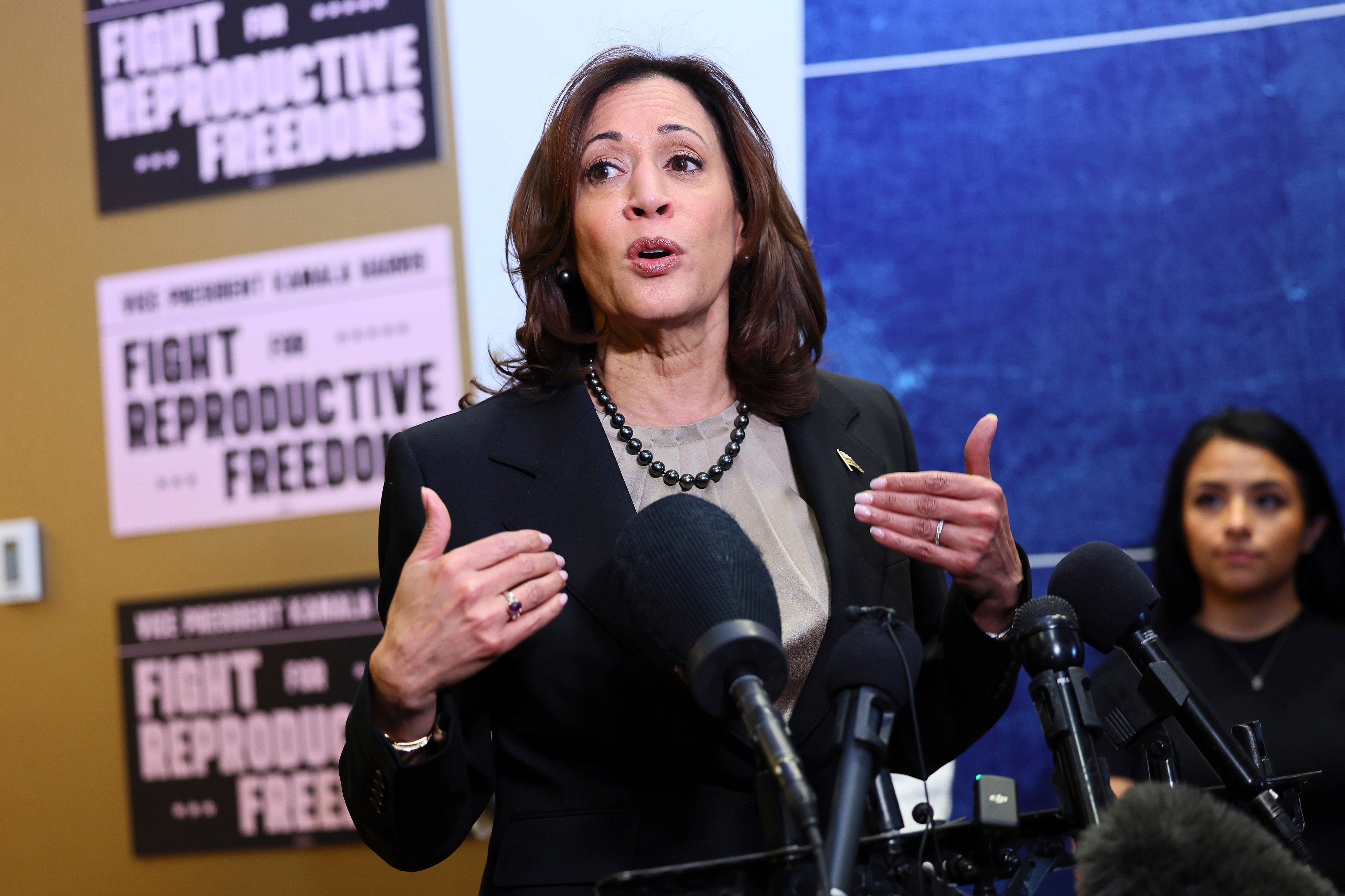
She’s only one out of two of the likely suspects who has actually run a presidential campaign (albeit an unsuccessful one) and has the most national name recognition of any Democrat who could convincingly join the presidential race.
However, the former California attorney general and US senator does not enjoy widespread public support and is something of a hate-figure for the right, who have long alleged that Biden is only a “Trojan horse” candidate being used to win back the White House before stepping down to allow her to take over.
That conspiracy theory was directly referred to in one of Trump’s most recent attack videos, in which she was referred to as “Cackling Kamala.”
Pete Buttigieg
Biden’s Transport Secretary, Buttigieg is another former 2020 contender (along with Harris) who could make a bid for the White House if Biden were to bow out.

The former mayor of South Bend, Indiana, is naturally charismatic and has military service on his resume, which would put him apart from his fellows, not least Trump, recipient of no fewer than five draft deferrals to excuse him from participating in the Vietnam War during his youth.
But, as Transport Secretary, Buttigieg has often been the administration’s fall guy, left holding the bag when air-traffic control disasters, major train derailments or bridge collapses take place, undoing a lot of the good work he does in taking the fight to conservative media, appearing semi-regularly on Fox News to offer vigorous counter-arguments.
Gretchen Whitmer
The Michigan Governor is widely popular in her state and is seen as one of the leaders of the moderate wing of the Democratic Party in the post-Biden era.
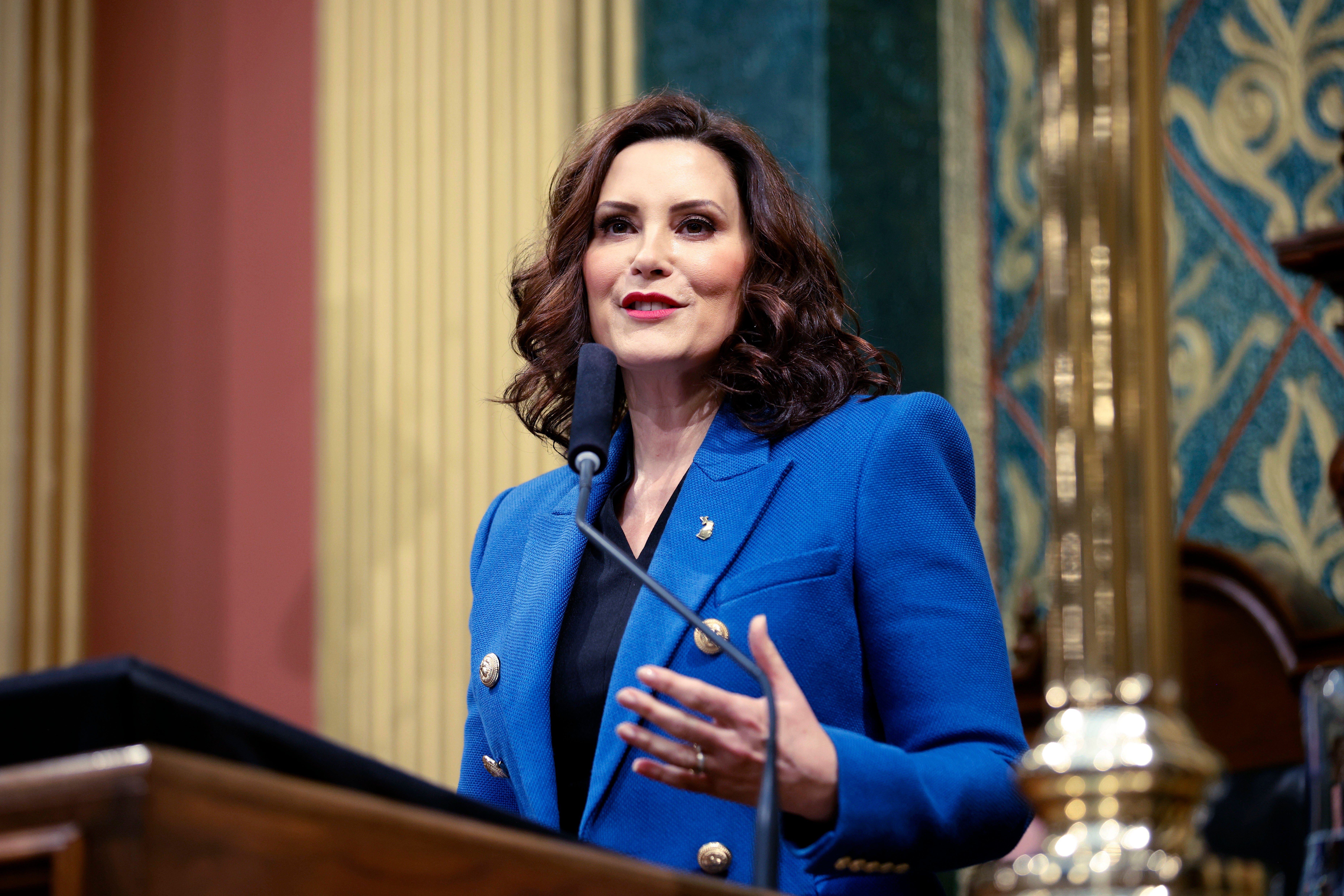
She won re-election in 2022 by a wide margin buoyed by support for reproductive rights and her management of the Covid pandemic, turning a purple state blue with relative ease.
Not everyone relished her tough leadership in lockdown though and she remains best known nationally for a Michigan militia group’s plot to kidnap her, which was fortunately foiled by undercover FBI agents.
Whitmer has come out as a strong Biden supporter since the debate and has rejected any suggestion she might be interested in challenging Trump in his stead.
Gavin Newsom
One of the most obvious choices to succeed Biden as nominee is the California Governor, whose personal wealth and prolific fundraising abilities would make him a fearsome adversary on the money front.
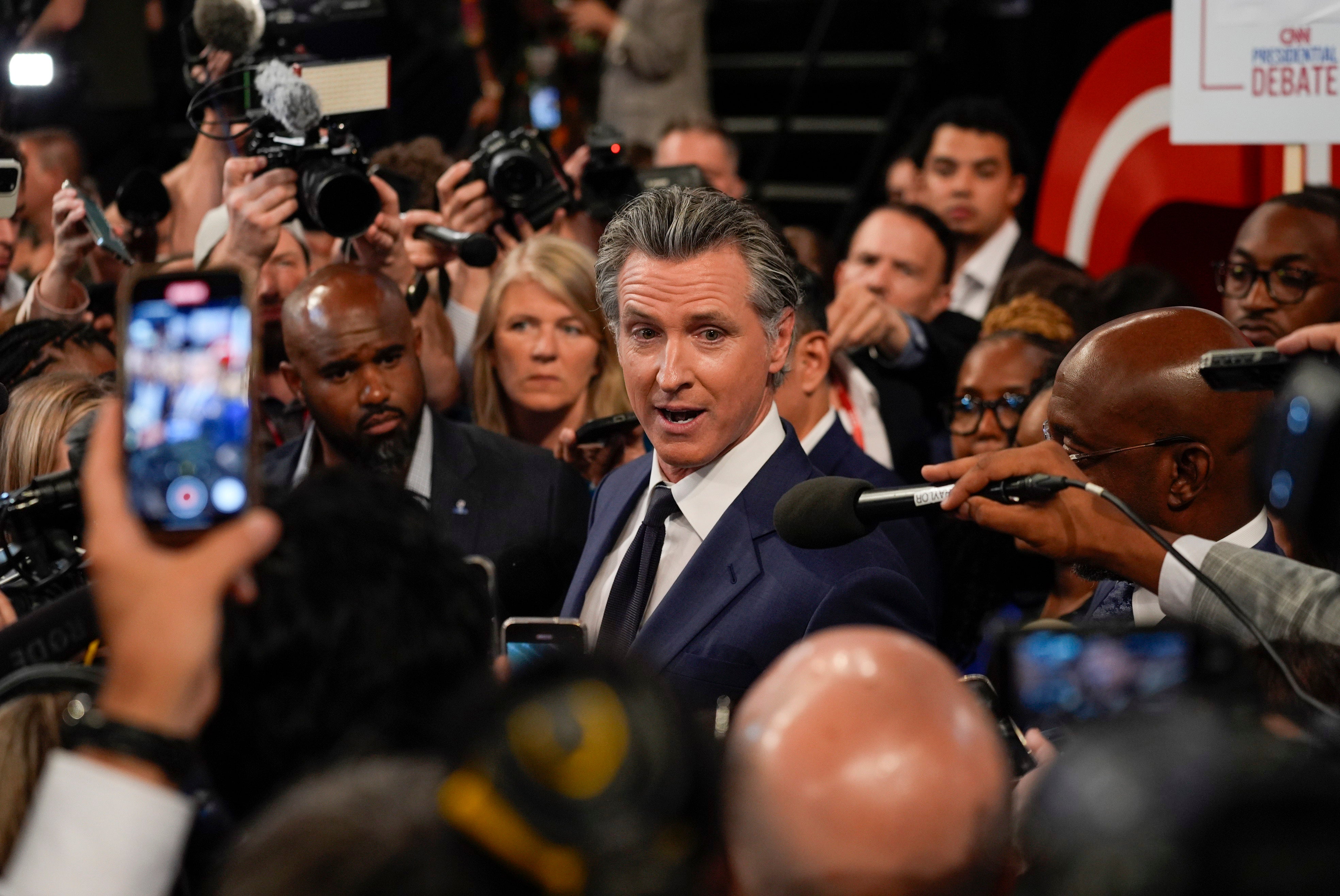
Newsom is in the middle of a second term as governor of his state — therein lies a problem, however, as he pledged during his 2022 re-election campaign that he would serve a full four years in office if sent back to the office.
Like Buttigieg, he has won plaudits for arguing the Democratic point-of-view on Fox and memorably went head-to-head with his Florida counterpart Ron DeSantis – who he has trolled with a series of adverts – in a televised debate last year.
Newsom has been an enthusiastic cheerleader for Biden, including in the immediate aftermath of the Atlanta debacle.
Wes Moore
The first-term Maryland Govenor would be a long-shot for the nomination against others with more national recognition but he makes up for his relative political obscurity with an unmistakeable talent for being in front of the cameras and a positive track-record in his short time in office.
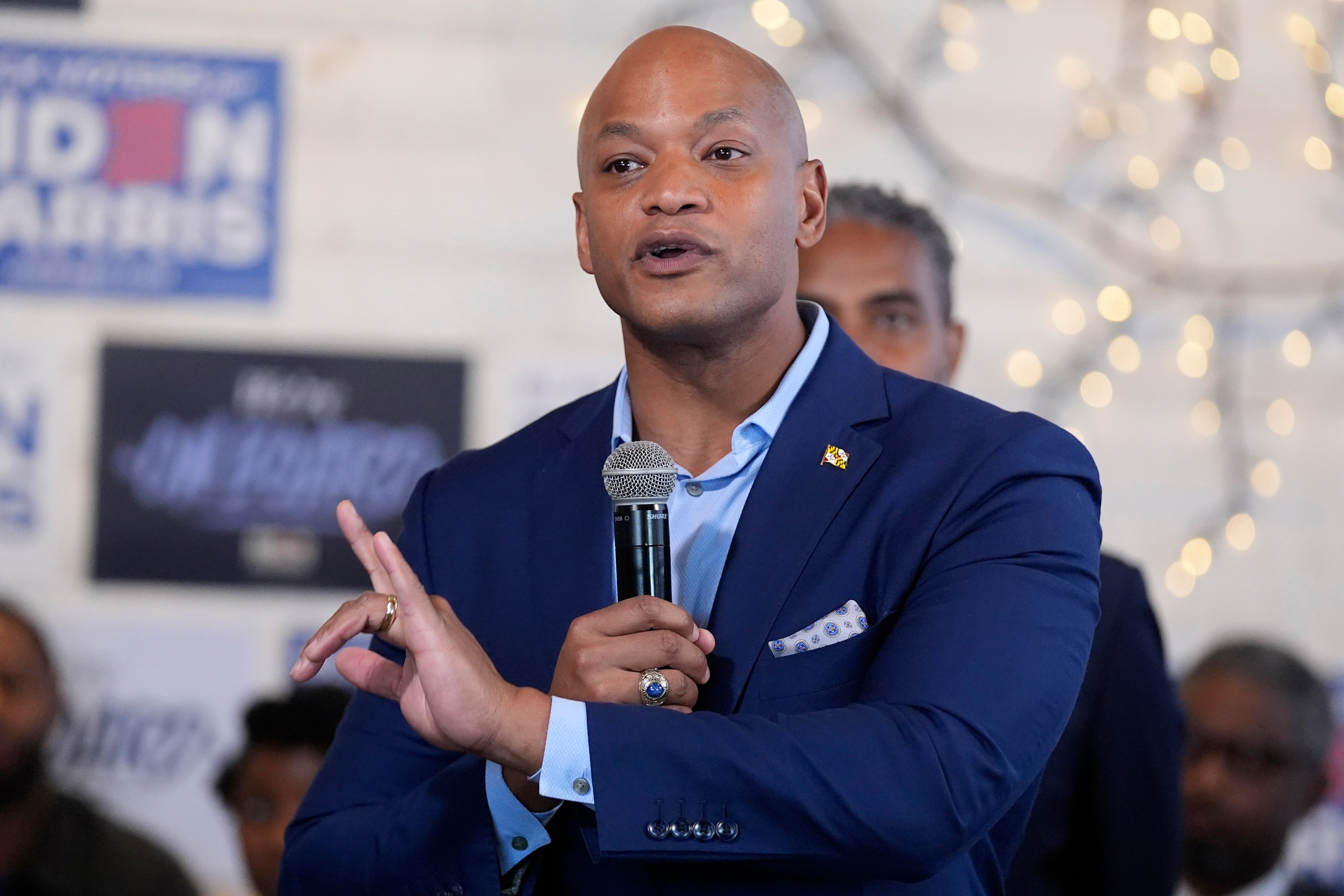
Already, he has secured the future of the Baltimore Orioles in the state and he has also been the public face of Maryland’s rebuilding efforts following a disaster that destroyed the Francis Scott Key Bridge, an iconic Baltimore landmark and essential part of the city’s port infrastructure.
Moore graduated from Johns Hopkins University, and, like Buttigieg, is both a former Rhodes Scholar at Oxford and a military veteran.
He is also the author of five books, one of which is a young adult novel.
JB Pritzker
The Illinois Governor has been in office since 2019. A member of the wealthy Pritzker family, which owns the hotel chain Hyatt, the attorney and businessman has long been a financial benefactor of the Democrats.
He won a packed primary in 2018 to become the Democratic nominee and he was re-elected in 2022.
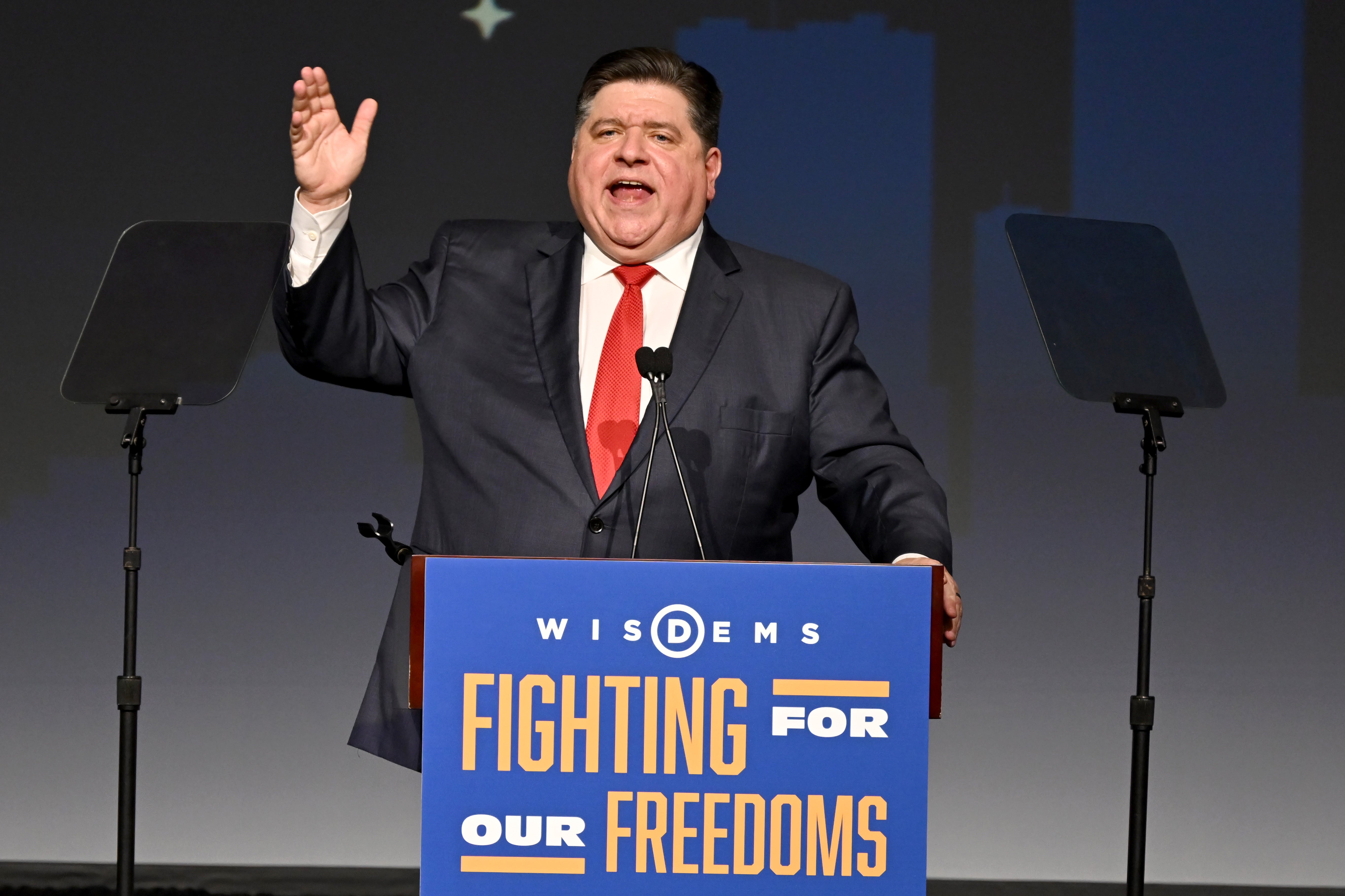
His early political career included stints on congressional legislative staffs in the 1980s and founding an organization focused on attracting younger voters to the party.
Chairing the Illinois Human Rights Commission from 2003 to 2006, he went on to serve as a national co-chairman of Hillary Clinton’s 2008 presidential campaign and was a delegate to the 2008 and 2016 Democratic conventions.
In a 1998 Democratic primary for the 9th congressional district in Illinois, he finished third in a field of five candidates.




